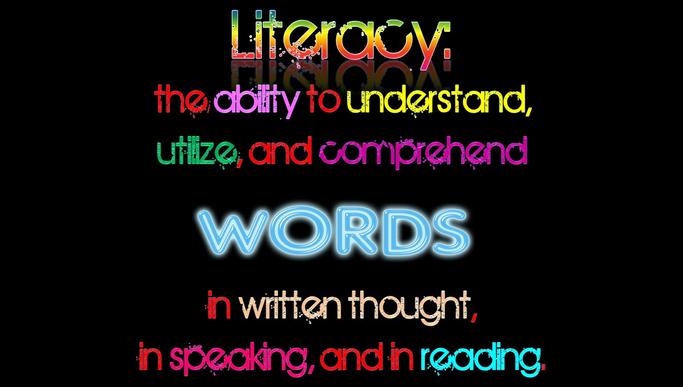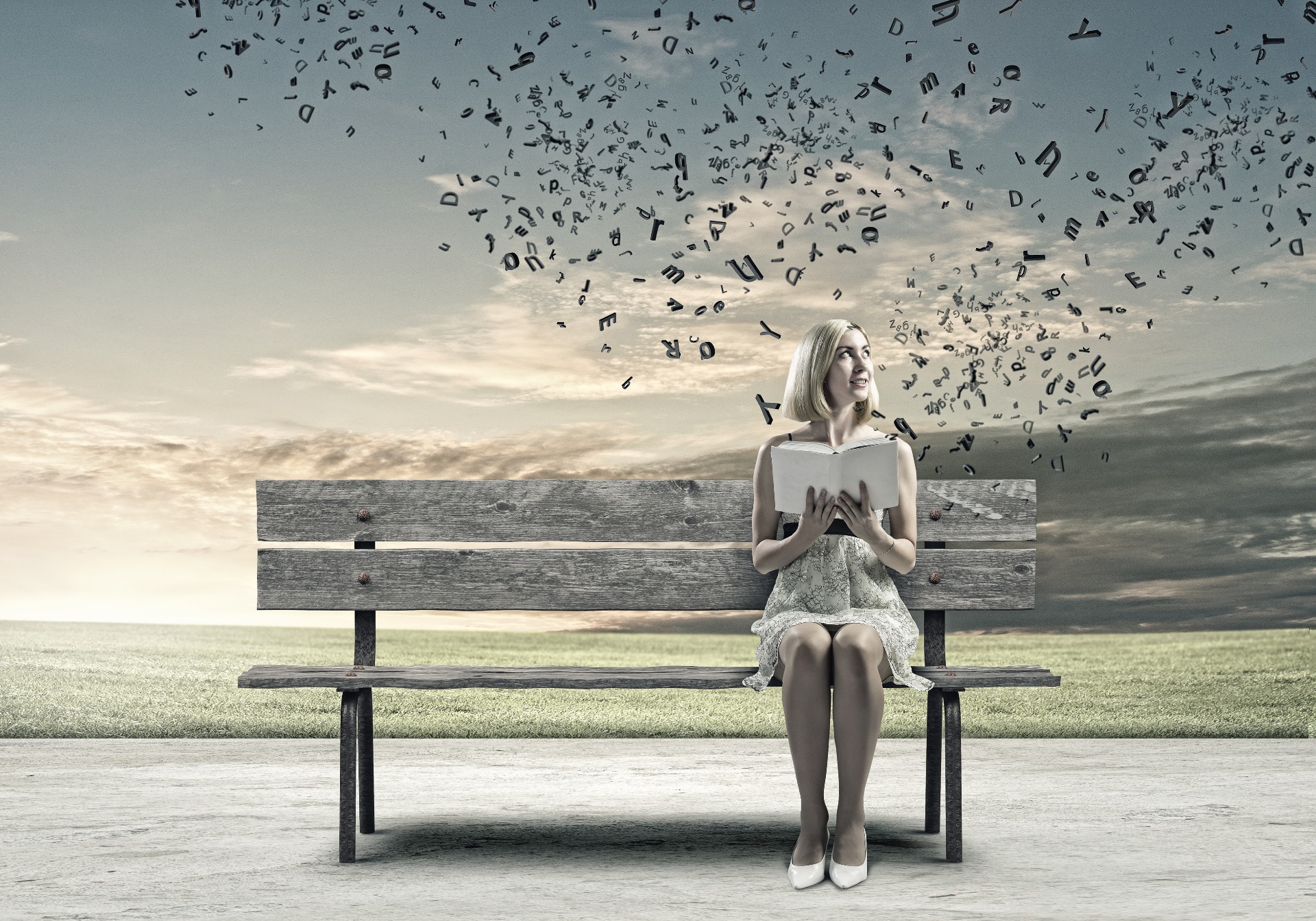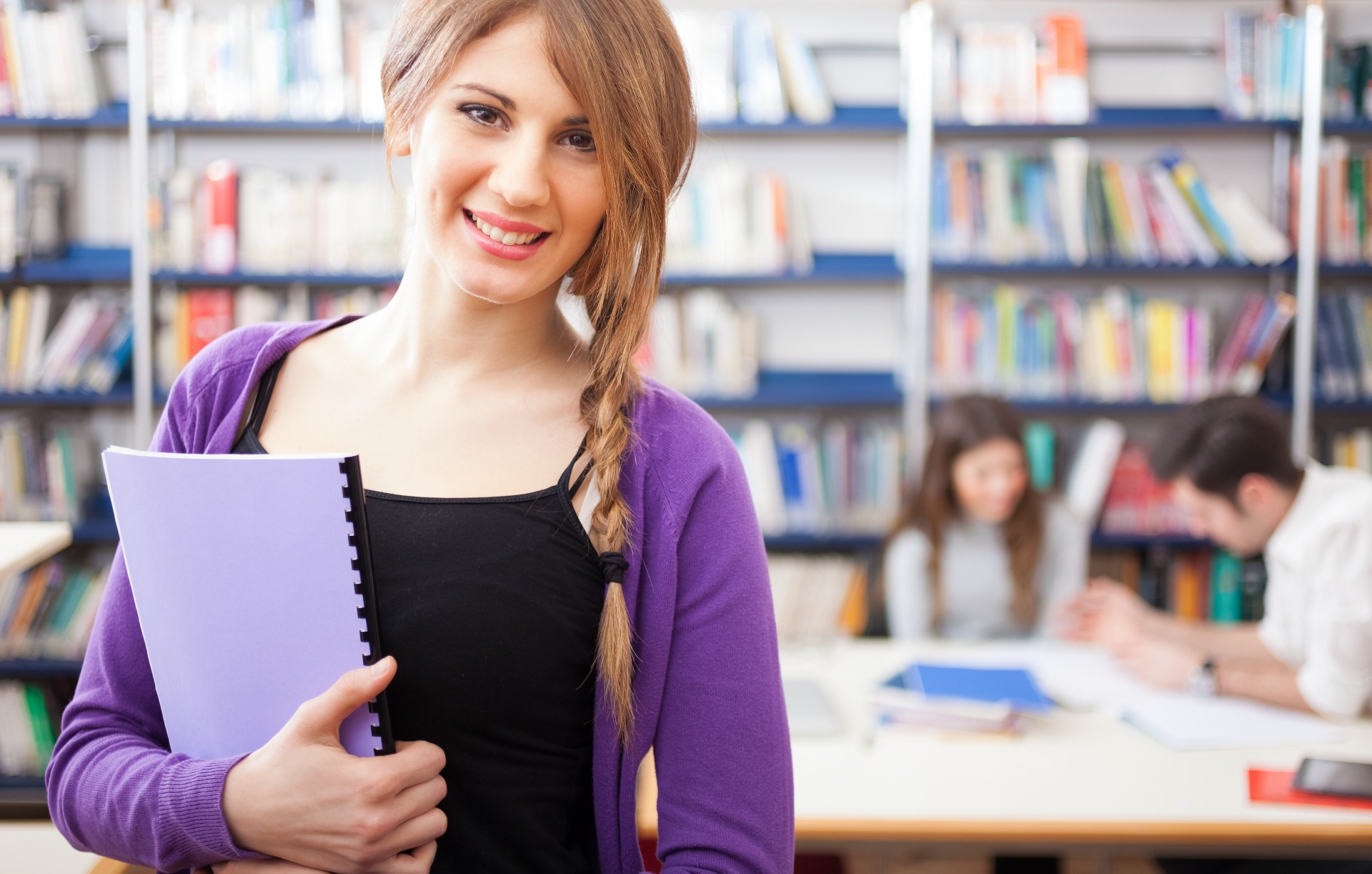What Is Literacy?

This is not a question I have often been asked and initially my response was literacy is the ability to read and write. However through further investigation I now realise that although these components are a part of what literacy is, it actually encompasses so much more.
students become literate as they develop the knowledge, skills and dispositions to interpret and use language confidently for learning and communicating in and out of school and for participating effectively in society. Literacy involves students listening to, reading, viewing, speaking, writing and creating oral, print, visual and digital texts, and using and modifying language for different purposes in a range of contexts ... Success in any learning area depends on being able to use the significant, identifiable and distinctive literacy that is important for learning and representative of the content of that learning area (ACARA 2016).
In today's contemporary society, literacy and meaning making is far more advanced than the basic and 'traditional' approach to reading and writing. Literacies involved in today's society of interaction and communication require diverse skills and the ability to negotiate text and language differences, and understand there patterns and designs in a range of medias and social settings (Kalantzis &Cope, 2012).
This is a definition of literacy that resonates with me as I believe as the world is ever changing so to is the way that we as a society interact and engage. Personal literacy is varied but it is essentially having the ability to be able to effectively communicate thoughts and ideas through some means, whether that be print, body language or in todays society within the context of the ever evolving world of digital technology.
Literacy is about constructing meaning by exploring our own individual world views, formed from the relationships we have to our bodies, families, communities and culture (Schlitz, Vieten, Miller, Homer, Petersen, & Erickson-Freeman, 2011). It is about utilising what we already know to help us make sense of the world and using this self exploration to further extend our knowledge.
The United Nations Educational, Scientific and Cultural Organization (UNESCO) defines literacy as the "ability to identify, understand, interpret, create, communicate and compute, using printed and written materials associated with varying contexts. Literacy involves a continuum of learning in enabling individuals to achieve their goals, to develop their knowledge and potential, and to participate fully in their community and wider society".
"The Plurality of Literacy and its implications for Policies and Programs". UNESCO Education Sector Position Paper: 13. 2004.
Literacy helps us as individuals to better understand and negotiate the world in which we live allowing us to contribute to a civil society. The traditional literacy functions of speaking and listening, reading and writing still remain central to being literate, however as we live within a contemporary society this has created new literacy needs, particularly as a result of digital technology. As students are now part of the new era of information, entertainment and access provided by the internet and the digital revolution we need to ensure that their education matches these new challenges of the 21st century.

